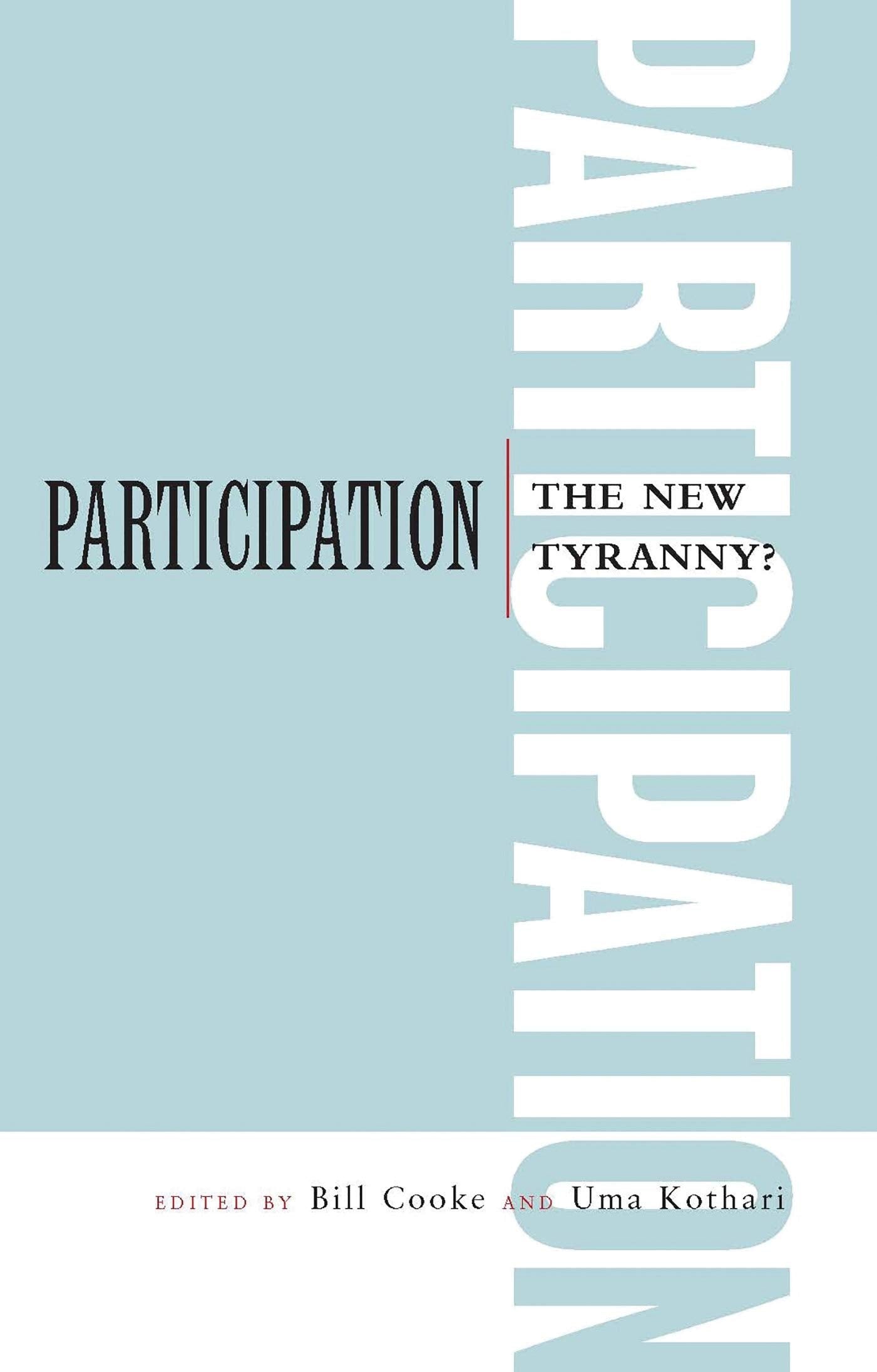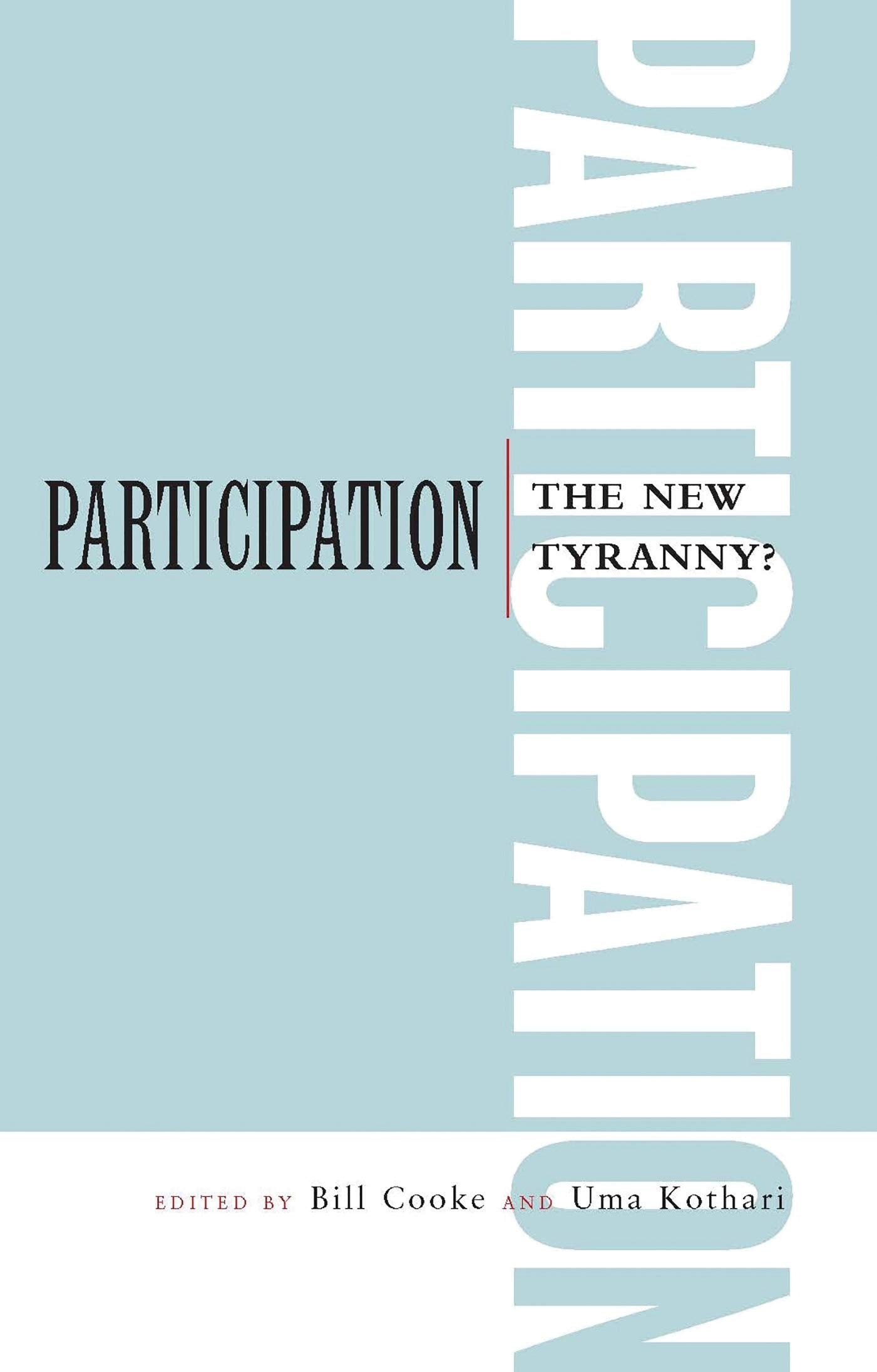Zed Books
Participation: The New Tyranny?
Regular price
$7.95 USD
Regular price
Sale price
$7.95 USD
Unit price
per
Shipping calculated at checkout.
Couldn't load pickup availability
Title: Participation: The New Tyranny?
Author: Bill Cooke
I: 1709688
ISBN: 9781856497947
Publisher: Zed Books
Published: 2001
Binding: Paperback
Language: English
Edition: 4th ed.
Number of Pages: 224
Section: Political Science | Public Policy | City Planning & Urban Development
Condition Note: Moderate edge wear. Binding good. May have marking in text. We sometimes source from libraries. We ship in recyclable American-made mailers. 100% money-back guarantee on all orders.
Publisher Description:
This book is about participatory development's potential for tyranny, showing how it can lead to the unjust and illegitimate exercise of power. It is the first book-length treatment to address the gulf between the almost universally fashionable rhetoric of participation, which promises empowerment and appropriate development on the one hand, and what actually happens when consultants and activists promote and practise participatory development, on the other.
The contributors, all social scientists and development specialists, come from various disciplines and a wide variety of hands on experience. Their aim is to provide a sharp contrast to the seductive claims of participation, and to warn its advocates of the pitfalls and limitations of participatory development. The book also challenges participatory practitioners and theorists to reassess their own role in promoting a set of practices which are at best naive about questions of power, and at worst serve systematically to reinforce, rather than overthrow, existing inequalities. For the recipients of participatory development this book provides critical insights into the history, institutions, and day-to-day activities through which participation is 'done to' them. It provides them with a range of arguments which support the legitimate decision not to participate on others' terms. This rigorous and provocative understanding of participatory development is one which donors, academics and practitioners will find hard to ignore.
